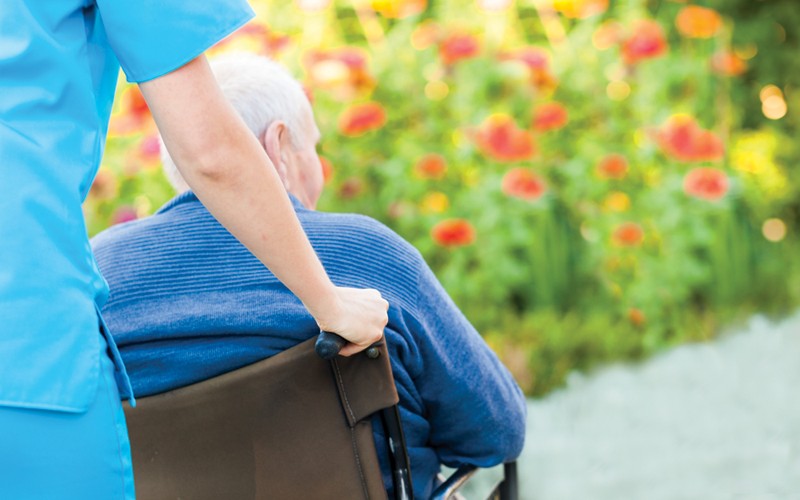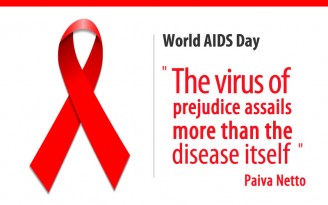
Family Support is Fundamental to the Treatment of Alzheimer’s
In addition to affecting memory, the disease has an impact on the daily life of the patient, limiting their ability to carry out basic tasks.
Karine Salles
Tuesday | March 29, 2016 | 1:51 PM | Last update: September 22, 2016, 4:07 PM (Brasilia time)
Alzheimer’s disease begins with episodes of mild memory loss, which may be confused with the natural aging process. It causes a loss of cognitive functions—such as memory for both recent and old facts—language problems, and space and time disorientation. “You can have memory lapses at any age, even when you’re a child, but what we see in people who are beginning to develop this disease is that these lapses become more frequent and begin to interfere in their daily routine,” warns Brazilian neurologist Paulo H. F. Bertolucci, Head of the Department of Neuroscience and Behavior at the Paulista School of Medicine (UNIFESP).

Read also:
- Exercises for the Brain
- From Being a Grandson to Being a Father
The risk of Alzheimer’s doubles every five years beyond the age of 65. People with a family history of the disease are more likely to develop it in the future when compared with those without a history of it. High blood pressure, diabetes, obesity, smoking, and a sedentary lifestyle are factors that may also contribute to the illness manifesting itself early on.
As the disease progresses, dependence, sleeping difficulties, changes in eating habits, and aggressiveness may appear. There is still no cure for Alzheimer’s or medication that can stop, slow, or even prevent its development, but fortunately there is treatment. In an interview with the program Vida Plena [Full Life], on Boa Vontade TV, Brazilian neuropsychologist Gisele Calia stressed that family support is fundamental in the life of Alzheimer’s patients. Below are some of her answers to questions sent in by viewers:
“My husband has the beginnings of Alzheimer’s. How can I help him face the disease and what can I do when he doesn’t remember me?”
Dr. Gisele — I think this is the main cause of anguish. It might seem that everything you had was lost and you think, "Where did all this go?" Sometimes the family’s anguish is much bigger than that of the patient. . . . And this raises a very important point: Family members can help, first of all, by not confronting the patient. It’s important especially at the beginning not to say, for example, "No, you have a memory problem!" or even "Stop! You’re sick!" because they’re not going to understand this. Such behavior doesn’t help. When he no longer remembers you, photo albums can be of great help. This is something that the oldest memories of elderly people who have Alzheimer’s retain better, because memory loss usually affects recent memory. It’s as if the patient returns to the past. . . . In this sense, affection is essential. People with Alzheimer’s are much more sensitive and go back to being almost like children. So the family needs to provide a lot of support, love, and help them remember everyday things, like taking medication and personal hygiene. All this helps the patient lead a dignified and quality life.
“My father is 72 and has Alzheimer’s. He has always had a healthy life and ended up receiving) this diagnosis. How can I help my mother understand this challenge?”
Dr. Gisele — The most important thing is never to leave your mother to face the problem alone; the whole family needs to be together. If only one person is left to cope, the probability of him/her—in this case your mother—becoming stressed and even becoming ill before her husband is very high. So it’s really important to take her out of this situation at times, because your mother’s not sick; therefore she still needs to go out and talk about other things. It’s essential to provide her with this so that when she goes back to being with your sick father, her mind will be more at ease and she can accept the situation better. One of the big problems is that the patient shows no physical signs of their illness and seems not to be sick. So sometimes we automatically deal with them as if they were still the same, but it’s not quite like that. That’s why the more family members seek information and medical help and help from specialist associations the more successful the treatment will be.
If you have other doubts, write to english@boavontade.com.


